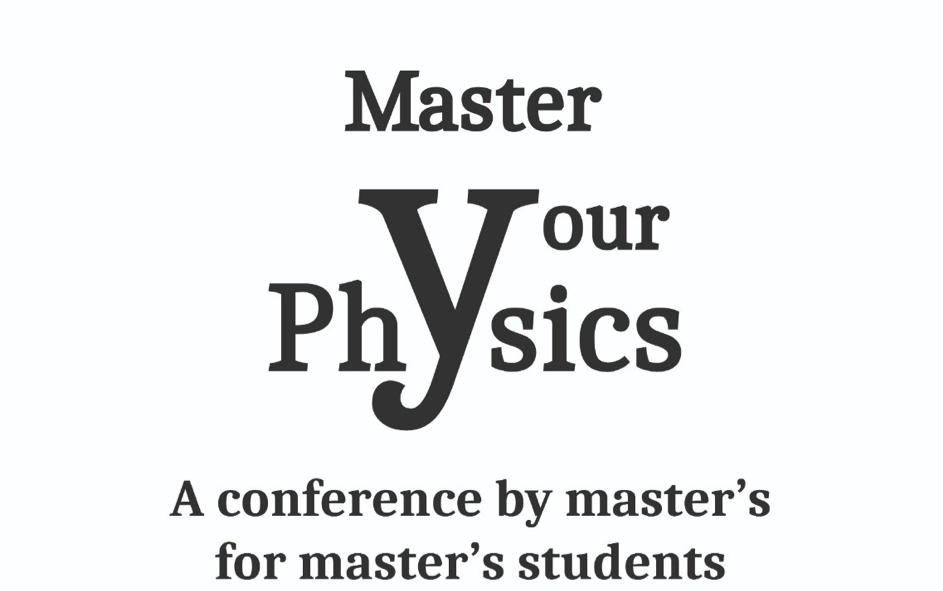Group equivariant non-expansive operators (GENEOs) have been recently introduced as mathematical tools for approximating data observers, when data are represented by real-valued or vector-valued functions. The use of these operators is based on the assumption that the interpretation of data depends on the geometric properties of the observers. In this talk we will illustrate some recent...
While dualities are part of physicists' toolboxes to construct theories, they have only relatively recently received the attention of philosophers. After giving several examples of dualities, I will discuss whether and if so how dualities bear on old philosophical issues: in particular, on the questions of theoretical equivalence, under-determination, and scientific realism.
Social justice issues, such as race relations, gender equality and disability rights, are often seen as irrelevant to us as scientists in the research community. The global pandemic and the groundswell of reaction after the murder of George Floyd has brought these issues to our doorstep in way that leaves unable to ignore them any longer. In this talk, I will discuss my new role as equity and...
Since Schrödinger we know that the fundamental equation of quantum mechanics contains the imaginary number i, the square root of minus one. This seems unavoidable, but in recent years we have discovered a class of materials that are described by a real wave equation. The materials are called topological superconductors and the particles that they host are called Majorana fermions. This topic...
I will argue that we need to go beyond an effective field theory description of physics if we want to understand the evolution of the very early universe. Superstring theory is the prime candidate for a fundamental theory of all forces. I will show how to obtain emergent metric space-time from matrix theory, a suggested non-perturbative definition of string theory. Thermal fluctuations in this...
Gravitational bending of light was the first observational test that heralded the remarkable success of Einstein's general theory of relativity. In the last few decades, gravitational lensing of light has emerged as a powerful tool for astronomy. Gravitational waves (GWs) are also expected to be lensed similar to light. Around hundred GW signals from coalescing compact binaries have been...
In this talk, I introduce the application of algebraic geometry for the computations of Feynman integral computations. Nowadays, Feynman integrals are the key objects for the LHC precision physics, the precise gravitational wave computation and the deep structures in formal theories. Some computational algebraic geometry ideas, like the Groebner basis, syzygies, module operations have...
In this talk I want to summarise the current status of the subject of particle physics. Beginning from the discovery of the electron, the physicists have relentlessly pursued the journey towards understanding what lies at the heart of matter. They have through the centuries probed constituents of matter at smaller and smaller distance scales and how they are held together. This journey came to...
Entanglement – the property that particles can share a single quantum state - is arguably the most counterintuitive yet potentially most powerful element in quantum theory. The non-local features of quantum theory are highlighted by the conflict between entanglement and local causality discovered by John Bell. Decades of Bell inequality tests, culminating in a series of loophole-free tests in...

